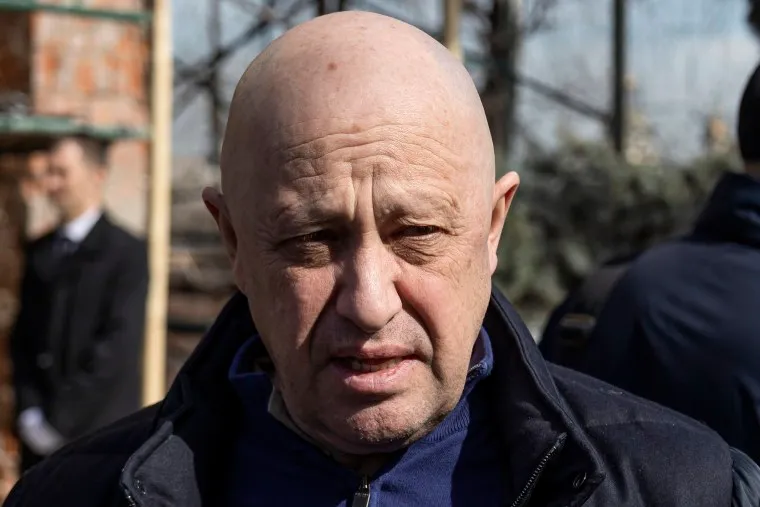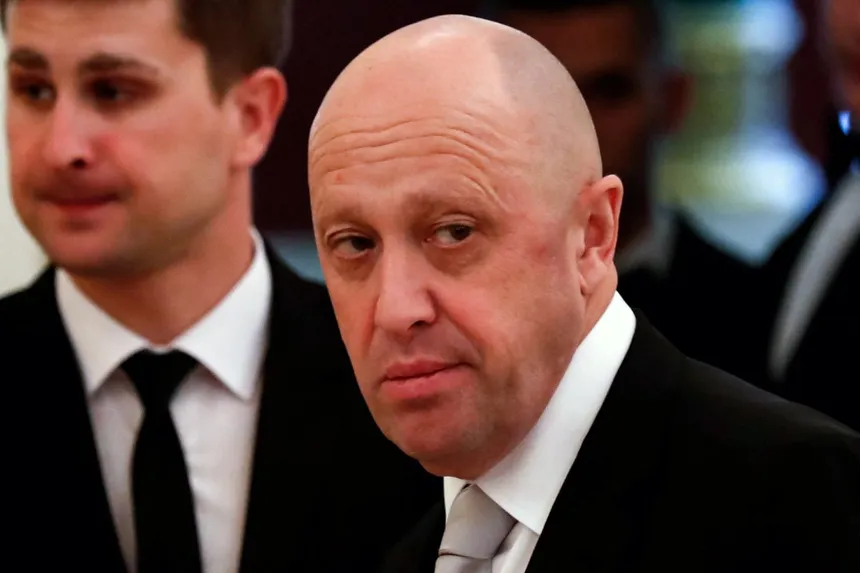Russia’s media watchdog, Roskomnadzor, has taken the drastic measure of blacklisting at least five outlets affiliated with Yevgeny Prigozhin, the mercenary chief of the notorious Wagner Group. The move comes in the aftermath of a botched insurrection attempt by Wagner fighters, who seized control of a Russian military headquarters and advanced on Moscow. This development has sent shockwaves through Russia’s media terrain, with Roskomnadzor’s latest actions targeting the websites of RIA FAN and four online news portals controlled by Prigozhin’s Patriot media holding company.
Patriot, which was founded in 2019 to consolidate Prigozhin’s media and internet assets, has a murky past. The company includes the infamous Internet Research Agency, dubbed the “troll farm” for its alleged role in Russian attempts to meddle in US elections. According to reports, the Internet Research Agency had been operating under Prigozhin’s control since 2009, before being brought under the Patriot umbrella. In the lead-up to the 2016 US presidential election, the agency’s employees posed as Americans to offer financial support to US protest movements focused on socially divisive topics.
In a 2017 investigation by Russian newspaper RBC, it was revealed that Internet Research Agency employees had created over 100 fake Facebook, Instagram, and Twitter accounts to contact US-based activists and offer help with organizing protests and events. These accounts focused on issues such as race relations, gun rights, and other hot-button topics. Prigozhin himself admitted to interfering in the 2016 US election, although he claimed it was only to gather information.

Yevgeny Prigozhin (Via Yevgeny Prigozhin/Twitter)
Despite his alleged involvement in these election meddling efforts, Prigozhin and his Wagner Group fighters have managed to evade prosecution. In a bizarre turn of events, they were offered refuge in Belarus after the country’s president helped broker a deal to end the attempted insurrection. Prigozhin’s media group, which encompasses dozens of outlets, including RIA FAN and USA Really, has been criticized for its propaganda and pro-government rhetoric.
The blacklisting of Prigozhin’s outlets marks a significant escalation in Russia’s efforts to crack down on dissenting voices. As the Russian government tightens its grip on the media, independent outlets are facing increasing pressure and censorship. Prigozhin’s media empire, once a significant player in Russia’s media terrain, is now facing extinction. This development has far-reaching implications for freedom of speech and the media in Russia, as the government continues to exert its control over the flow of information.











































